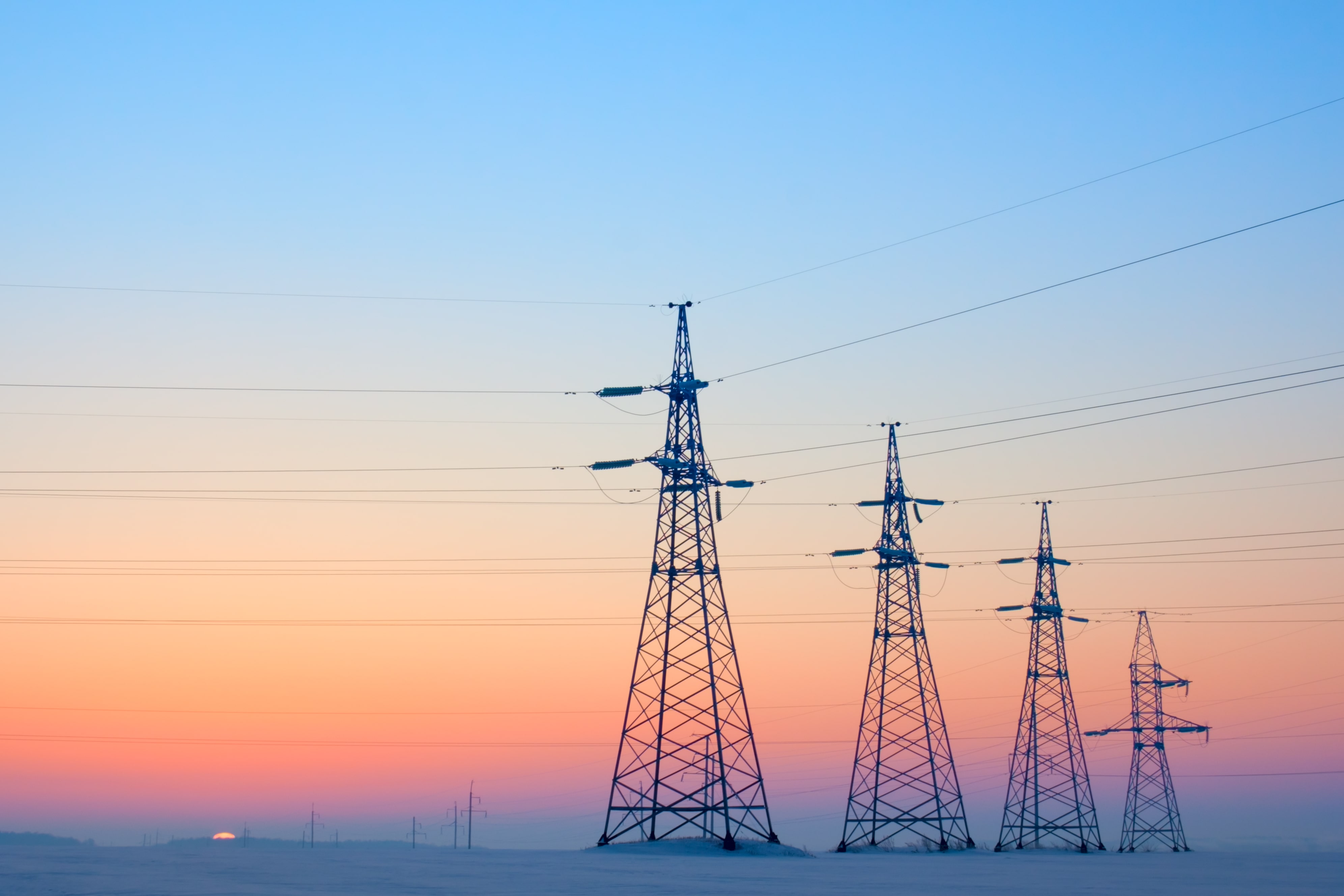The energy market is not for the feint hearted. It’s volatile, complex and ever changing.
In addition to securing the actual commodity element, there’s also the minefield of non-commodity charges to negotiate.
So here are my tips to help you manage your energy contract effectively – and ensure you’re comparing like with like when looking at new supply deals.
1. Keep an eye on the market
The wholesale market can be a rollercoaster, with increases and falls at times spanning tens of pounds or more in a single day, and even more across consecutive weeks and months.
So being aware of what the market is doing is important, especially if you’re looking to negotiate a fixed-supply deal. Then you can get a better idea of an opportune time to fix your future costs. (And remember, you should be able to agree a new deal up to six months before your current contract expires.)
2. Let your energy supplier do the work for you
Staying up to date with energy market movements doesn’t have to be arduous or time consuming.
Any good supplier should be able to provide regular simplified market summaries that mean you don’t need to constantly watch the market or wade through complex literature.
3. Factor in non-commodity charges
The cost of many non-commodity charges is increasing, and the way some key network charges are allocated to businesses is also changing.
This is due to a number of factors – for example, the growing cost of expanding and maintaining a more diverse and decentralised power network. But also, due to Ofgem-instigated changes to the way these charges are calculated, which makes transmission and network costs more expensive for many non-domestic consumers.
However, some changes to charges are not being instigated in the same way at the same time by all suppliers, particularly those that have come about as a result of Ofgem’s recent Targeted Charging Review (TCR).
So make sure you ask for forecasts to factor these costs in if you’re opting to pay any non-commodity charges on a pass-through basis.
And if you’re opting to fix your non-commodity elements, get clarity on how static they’ll remain for the duration of your contract. Some suppliers don’t build in known increases upfront – but add these incrementally throughout your contract.
4. Be sure to compare apples with apples
Clarity on charges is especially important if you’re comparing new supply quotes from different energy suppliers.
If a quote looks noticeably cheaper, make sure you’re clear on what’s included – and what’s not. For example, some charges may be omitted from a quote – e.g. VAT or Climate Change Levy (CCL). But they’ll still be added to your energy invoice.
Also, focus on the overall annual cost, rather than one or two elements of the contract.
5. Make sure you check the small print
Look very carefully at what’s being offered.
For example, is there a volume tolerance clause that penalises any small variation above or below forecast consumption?
Is your consumption shape reflected accurately, e.g, with the correct day/night rate split?
Also, when it comes to non-commodity charges, it’s worth remembering that these are only fixed if the supplier guarantees that will be the case.
In all cases, check the small print.
For more support on your business energy procurement, get in touch with us or get a quote today.
/npm214%20Digital_H_UB76.jpg)
/npm214%20Digital_H_UB104.jpg)

/npm214%20Digital_H_UB121.jpg)

/npm214%20Digital_H_UB15.jpg)

/npm214%20Digital_H_UB145.jpg)
/npm214%20Digital_H_UB17.jpg)

/Author%20Profile%20Waterhouse_Lee_G.png)
